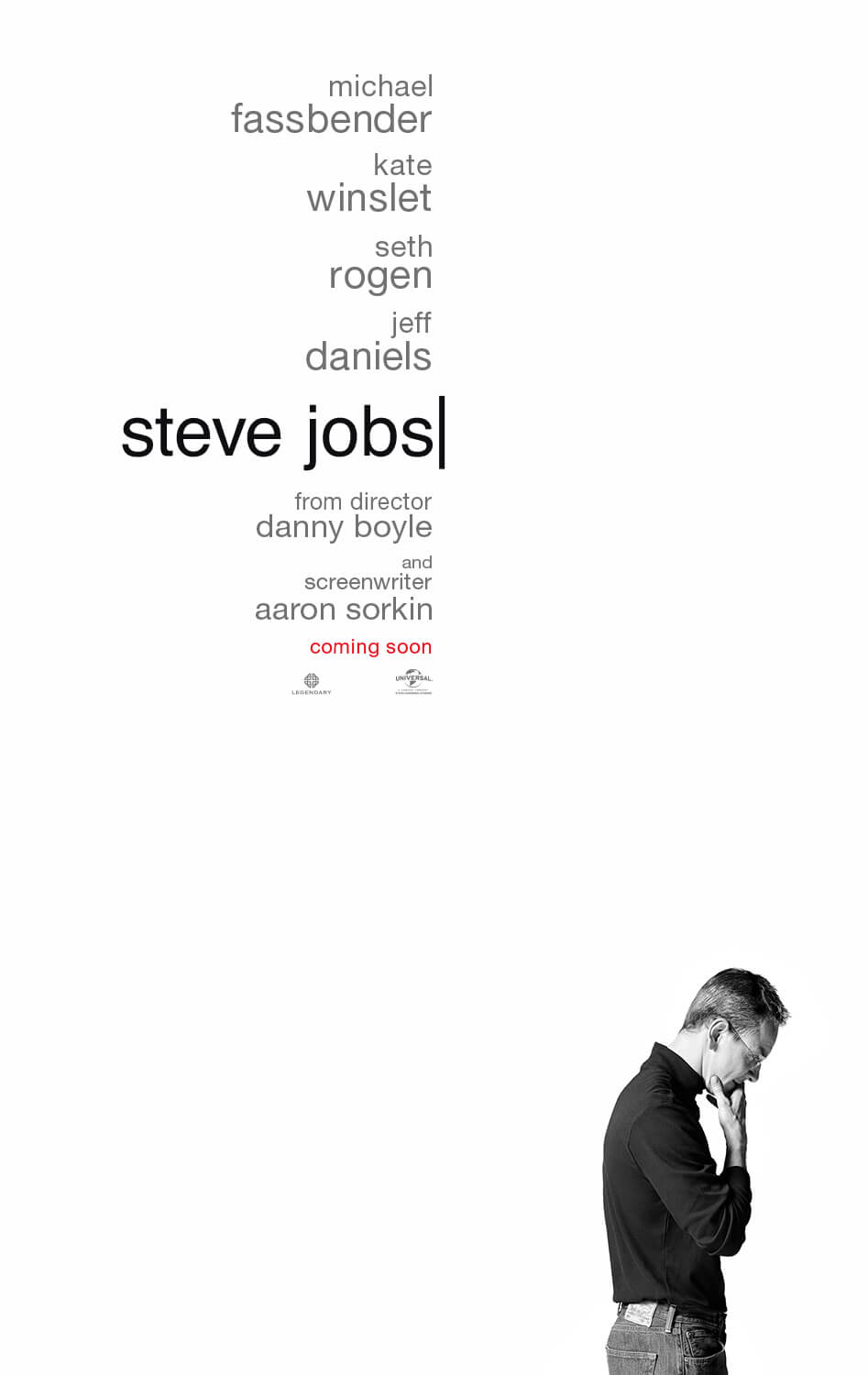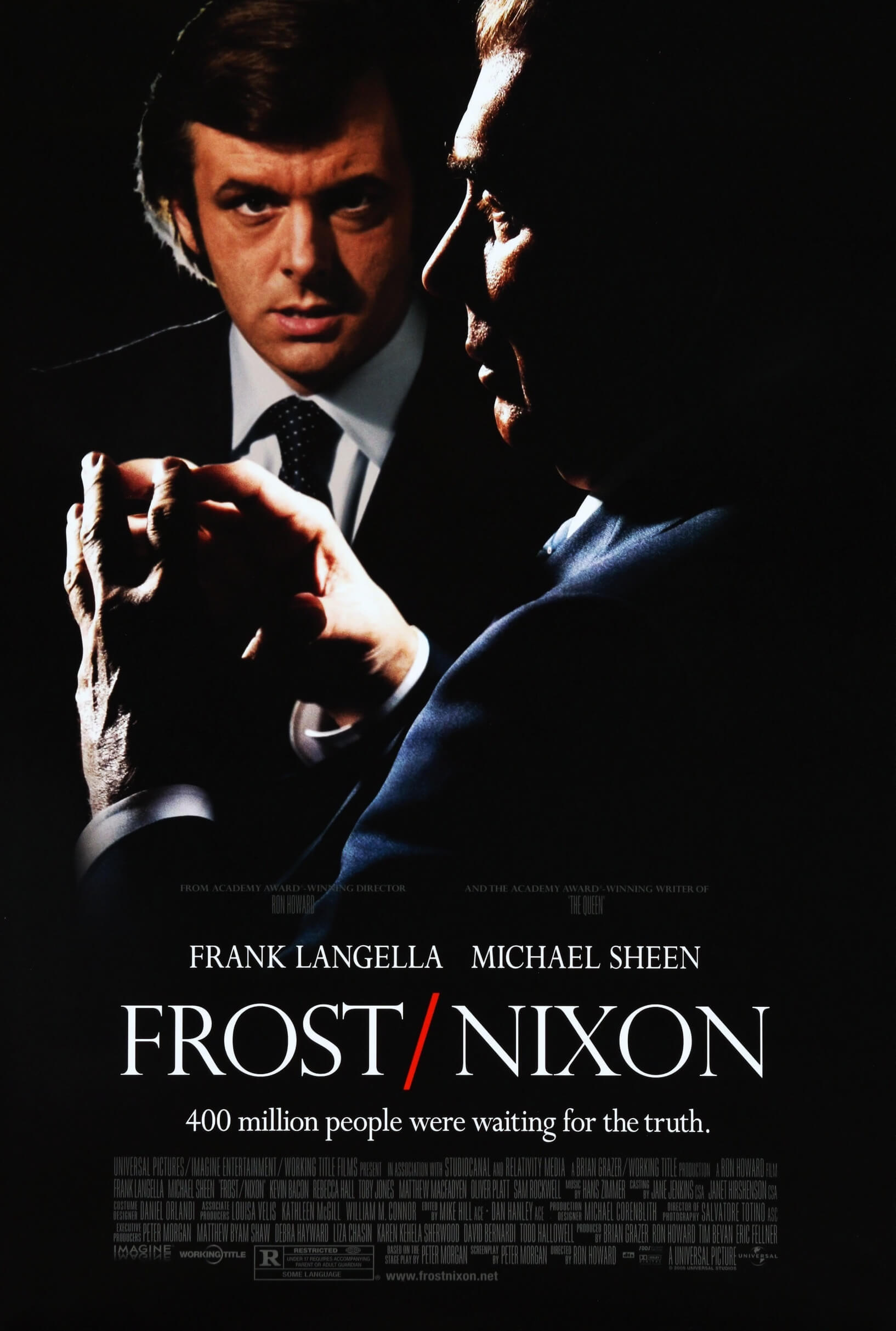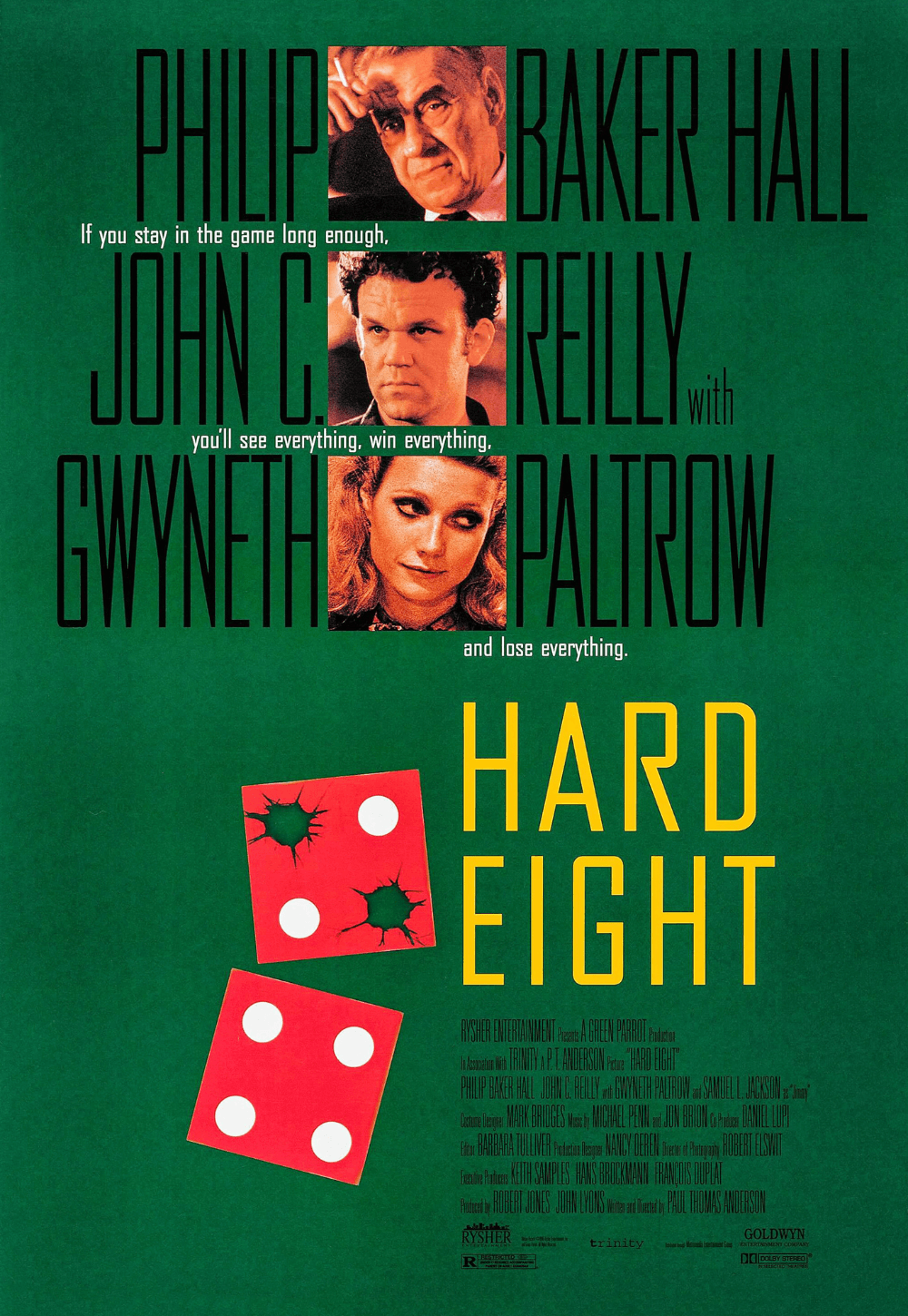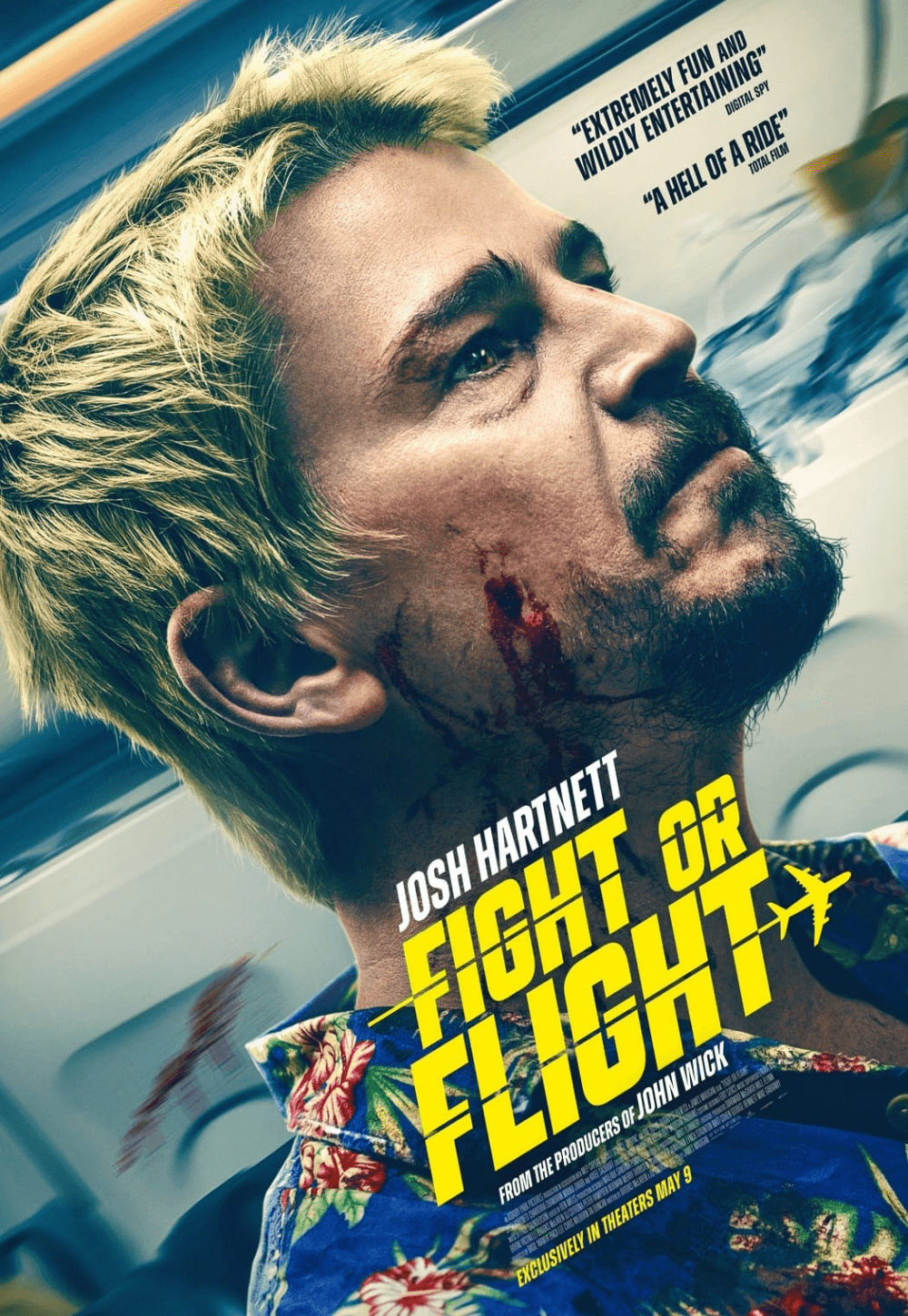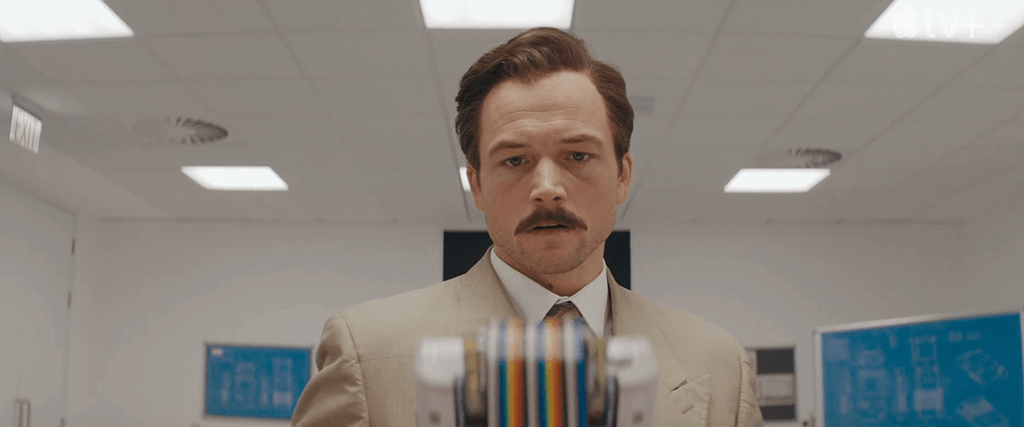
Tetris
By Brian Eggert |
(Note: Tetris will debut Friday, March 31, on AppleTV+.)
Around the time media mogul Robert Maxwell confronts the President of the Soviet Union, Mikhail Gorbachev, about pushing through a licensing deal, you’re reminded that everything you’ve seen so far in Tetris—globe-trotting, KGB threats, and a failed Mata Hari plot—centers around a video game. In terms of its business affairs, this is a complex film about securing various distribution rights (arcade, console, computer) for territories throughout the globe. Our hero is Henk Rogers (Taron Egerton), a game designer and businessman who grew up in New York and now lives in Japan with his wife (Ayane Nagabuchi) and their children. An honest and ambitious guy with a genuine interest in games, Rogers is determined to make the deal, to the extent that he’ll put his house, company, and even marriage at risk. However, the film isn’t about Rogers realizing there’s more to life than negotiating lucrative paydays; quite the opposite. It’s about just that—getting contracts signed and ensuring that Nintendo can make oodles from Game Boy sales. Even though the film remains simplemindedly capitalistic and limited in its characters’ ambitions, Tetris is fast-paced and deliriously watchable.
In telling the rather amazing story behind the game’s release, director Jon S. Baird (Stan & Ollie, 2018) and screenwriter Noah Pink create something akin to the Netflix show The Movies That Made Us, albeit dramatized and about a video game. Like that show, it’s steeped in nostalgia, sheds light on a popular consumer product, and features catchy animations. Tetris belongs to an emerging subgenre of brand biopics coming out of Hollywood. Also coming in 2023, Ben Affleck directs Air, the story of how Nike executives wrangled Michael Jordan to become the spokesperson of their new shoe line; then comes BlackBerry, the story of the first smartphone, which has since fizzled out of business; next is Flamin’ Hot, the story of a Frito-Lay janitor who conceived a spicy twist on Cheetos. These brand biopics traffic in intellectual property recognition, betting that viewers will want to know the origin story of a game they played, a shoe they own, a device they used, or a snack they eat. Taking a step back, only Hollywood could make a film so committed to a product, and only a consumerist culture (a club of which I am a member) could embrace it. For Tetris, any thoughtful insight into the game’s appeal or why it became a phenomenon remains mostly unexplored. For that, check out the short documentary Tetris: From Russia with Love from 2004, which tells the same story in about an hour.
But where similar films—for instance, The Social Network (2010) about Facebook, or The Founder (2016) about McDonald’s—featured characters first, the people in Tetris serve as agents of a brand, and it’s the brand that rises or falls, while the characters remain mostly secondary in the narrative. Fortunately, Egerton lends a spry energy to Rogers (though it’s an eyebrow-raising bit of casting, given the real-life Rogers’ Dutch-Indonesian ethnicity). He’s a clear underdog, having developed his company, Bullet-Proof Software, independently. When the film opens in the 1980s, he’s trying to sell his original game, called Go, at a Las Vegas trade show. It’s there he learns about Tetris from another vendor. Immediately inspired by the game’s “art and math working in perfect synchronicity,” Rogers is mesmerized with falling blocks in his mind’s eye after a few minutes of playing. His eyes practically light up with dollar signs at the prospect of brokering a deal. So he visits his banker (Rick Yune) and outlines the players in this complicated web of ownership rights and international politics, hoping to borrow the funds to secure the rights and get a contract signed.
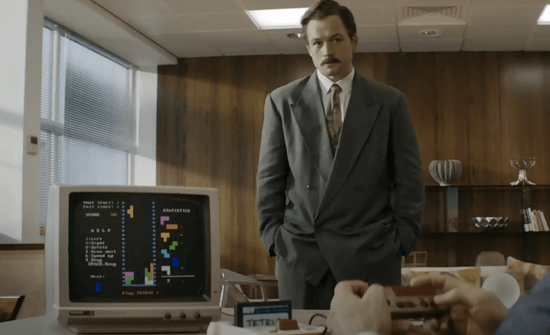 Invented by Russian computer engineer Alexey Pajitnov (Nikita Efremov) in his spare time at Elorg, a Soviet computer science division, Tetris quickly spread freely throughout the communist country. With no intent on making money from the invention, Pajitnov’s game—made with what the real Pajitnov called, “The spirit of constructivity,” countering the destructive nature of most video games—unintentionally disrupted productivity among workers. Only Robert Stein (Toby Jones), a businessman who travels freely between the US and Soviet Union, could get behind the Iron Curtain to acquire a dubious license. Stein sells the iffy license to billionaire Robert Maxwell (Roger Allam, under makeup and a fat suit that’s surprisingly accurate to the real Maxwell, especially compared to the production’s disregard for Henk’s actual appearance). Maxwell owns the media empire Mirror Group, run in part by his inferiority-complex-ridden son Kevin (Anthony Boyle). Meanwhile, Rogers tries to make a deal with Nintendo, except it’s unclear who actually has the license, requiring Rogers to brazenly travel to the Soviet Union uninvited. There, he meets Nikolai Belikov (Oleg Stefan), Pajitnov’s boss, who is only convinced that Rogers isn’t a spy because he’s so earnest and, in many ways, self-destructively eager. But the Soviet Union is on the downswing, and Rogers must also face a corrupt KGB officer (Igor Grabuzov) trying to secure himself a payoff so he has a financial nest egg for after the regime’s collapse.
Invented by Russian computer engineer Alexey Pajitnov (Nikita Efremov) in his spare time at Elorg, a Soviet computer science division, Tetris quickly spread freely throughout the communist country. With no intent on making money from the invention, Pajitnov’s game—made with what the real Pajitnov called, “The spirit of constructivity,” countering the destructive nature of most video games—unintentionally disrupted productivity among workers. Only Robert Stein (Toby Jones), a businessman who travels freely between the US and Soviet Union, could get behind the Iron Curtain to acquire a dubious license. Stein sells the iffy license to billionaire Robert Maxwell (Roger Allam, under makeup and a fat suit that’s surprisingly accurate to the real Maxwell, especially compared to the production’s disregard for Henk’s actual appearance). Maxwell owns the media empire Mirror Group, run in part by his inferiority-complex-ridden son Kevin (Anthony Boyle). Meanwhile, Rogers tries to make a deal with Nintendo, except it’s unclear who actually has the license, requiring Rogers to brazenly travel to the Soviet Union uninvited. There, he meets Nikolai Belikov (Oleg Stefan), Pajitnov’s boss, who is only convinced that Rogers isn’t a spy because he’s so earnest and, in many ways, self-destructively eager. But the Soviet Union is on the downswing, and Rogers must also face a corrupt KGB officer (Igor Grabuzov) trying to secure himself a payoff so he has a financial nest egg for after the regime’s collapse.
None of these characters feel more than one-dimensional; instead, they play like stand-ins for corporate and political interests. Though, actors of Egerton, Jones, and Alllam’s caliber imbue them with personality beyond the limitations of Pink’s script. Baird enlivens the proceedings with Lorne Balfe’s playful score, which sounds like vintage arcade music set to the melody of the Russian folk song “Korobeiniki”—the music used on the Game Boy version of Tetris. Taking place in lifeless corporate surroundings and austere Soviet spaces in the mid-’80s, Tetris is rarely a pleasant film watch. Baird tries to enliven the film’s appearance with animated transitions in an 8-bit format, some more convincingly retro than others. The director also denotes each new wrinkle in the rising action with progressive “Level 1” or “Level 2” titles, also reminiscent of a video game. Most of these gimmicky devices feel cohesive in the film’s first half, when Rogers takes on a delirious array of meetings, chasing after the license. But the second half becomes ever more serious and dangerous for Rogers in the Soviet Union, and cinematographer Alwin H. Küchler drains the film of color given the drab surroundings.
While the film isn’t quite as infectious as playing Tetris—which swallowed countless hours of my time in my twenties—it has an urgency that makes the two-hour runtime pass by swiftly. Of course, Rogers signs the deal, and the shady characters receive their comeuppance. But how the situation plays out is fascinating to watch, even if the narrative has no more thematic ambition but to see Tetris delivered to consumers across the world. A subplot about Rogers upsetting his wife and missing his eldest daughter’s recital is never adequately resolved with any emotional satisfaction. In the end, Rogers repairs his tested marriage and redeems himself by presenting his wife with a big fat check—the ultimate capitalist victory. Although the presence of the Pet Shop Boys’ synth-pop hit “Opportunities (Let’s Make Lots of Money)” over the end credits might register as ironic in another movie, here it’s the ambition of everyone onscreen, save for Pajitnov. Thus, the brand biopic origin story concludes in splendid fashion, leaving the viewer enthralled by how much intrigue went into making lots of money. It’s a hollow outcome but no less entertaining in a superficial kind of way.
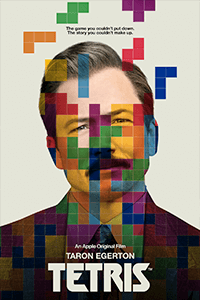
Unlock More from Deep Focus Review
To keep Deep Focus Review independent, I rely on the generous support of readers like you. By joining our Patreon community or making a one-time donation, you’ll help cover site maintenance and research materials so I can focus on creating more movie reviews and critical analysis. Patrons receive early access to reviews and essays, plus a closer connection to a community of fellow film lovers. If you value my work, please consider supporting DFR on Patreon or show your support in other ways.
Thank you for your readership!
Brian Eggert | Critic, Founder
Deep Focus Review


